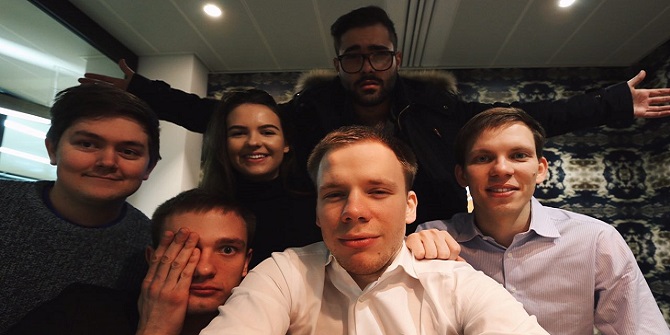At some point we all have things that go wrong in our careers – projects that fail, jobs that work out badly, bosses we can’t work with, colleagues who don’t do their fair share of work, efforts which are not recognised and talents which are not utilised.
Why is this? Surely if we work hard, get on well with people and work for good companies, we should get our reward of smiling co-workers, smooth promotions, understanding bosses and rational organisations. Where does it all go wrong?
There is nothing wrong. For sure, whilst we probably won’t enjoy these obstacles and failures, in reality these are the normal aspects of a developing career. And if we see them as normal we can radically alter our attitude to them when they occur – seeing them as opportunities to pause, learn something about ourselves and then do something differently.
So, when the inevitable setback happens, what can we do? It’s tempting to jump straight into action mode. The experience of failure or difficulty is uncomfortable and quite naturally we want to move away from it as fast as possible. In most cases however, it pays dividends to spend time working out what’s really going on and what we can take from it before deciding to do something about it.
First, try not to be hard on yourself about it. Instead take a step back and examine what’s happened. Avoid black and white thinking and get a broader perspective. How much is your responsibility? How much is other people’s? How much is due to the external environment? If you can, talk to someone from outside the situation whose opinion you trust and who will give you a balanced view.
Secondly, ask yourself what you can learn from the experience. Is there a pattern that keeps being repeated? For example, maybe you have had a succession of ‘bad bosses’. ‘How unlucky’ you tell yourself, ‘Next time I just need to be better at looking for warning signs at interview.’ Of course, it might be down to bad luck, but equally it might be it’s something to do with your attitude to authority figures. And once you understand that, you have a powerful insight with the potential to radically change your working relationships.
Thirdly, after spending some time reflecting on what’s happened and what you can learn from it, the next stage is to take action. The range of actions could vary enormously in scope – from altering your behaviour with a difficult co-worker to leaving an organisation for one whose culture is more aligned to your values, to going back to university, retraining and changing career completely.
Finally, although it might not feel like it, at the time obstacles and failures can be a good thing. As Clive James writes in his Unreliable Memoirs, ‘It is generally our failures that civilise us.’ Where we learn most from life is from is our mistakes, disasters and failures and this is a truth that applies as much to careers as to any other aspect of our lives.





Things will go wrong at some point that’s a fact, making it a learning experience is another thing. Learn from the failure so it doesn’t happen again and you become better at your job.